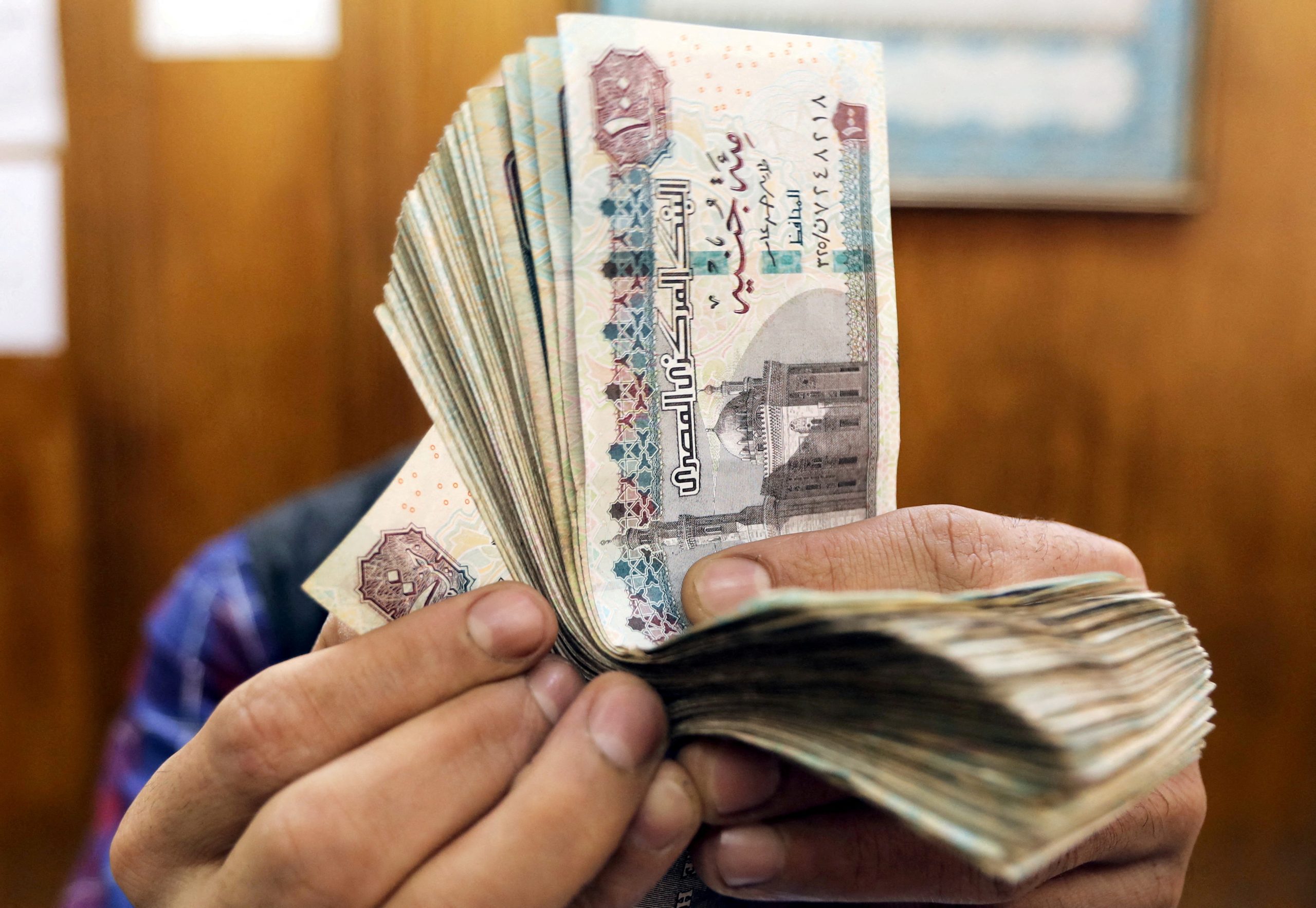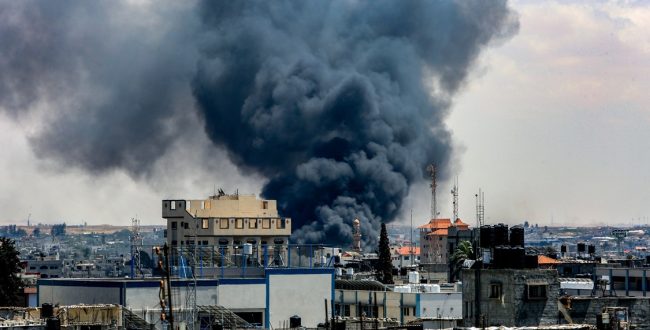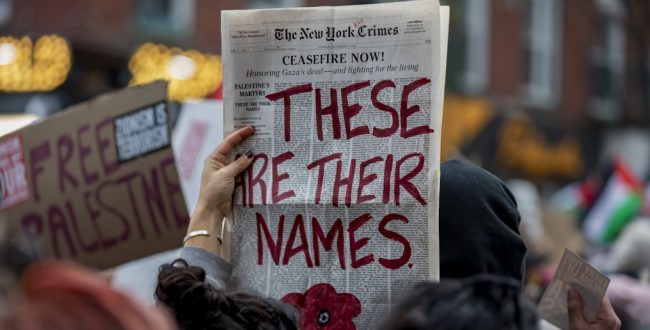Egypt is utilizing economic crises to generate rent and secure political stability. The massive financial support that it is receiving is part of a large-scale investment scheme in infrastructure and financial projects. However it also raises probing questions about the underlying motivations of this aid and about its tangible benefits for the Egyptian populace
Recently, Egypt has signed or engaged in negotiations regarding financial support from the International Monetary Fund, the EU and the Gulf States. These agreements are meant to extricate Egypt from the financial crisis it has been in since the Covid pandemic, the Russia-Ukraine war and most recently the war in Gaza. The aid is designed to mitigate inflation and the devaluation of the Egyptian Pound, as well as to address sluggish economic growth that is hampering the nation’s ability to support its citizens, many of whom are slipping below the poverty line. This is the essence of the narrative that emerges from current news reports on Egypt’s economy, hoping for an imminent recovery from economic turmoil towards a more prosperous and stable fiscal future.
Yet, for those acquainted with Egypt’s economic trajectory over the past half-century, this pattern of financial distress followed by international assistance is not novel. Since the 1970s, Egypt has experienced a series of such crises, consistently relying on external aid to stay afloat, only to face a new crisis shortly thereafter. While each crisis had its immediate triggers, it is becoming increasingly apparent that these recurrent crises are a defining feature and a permanent structural element of the Egyptian economy.
A capitalist economy is characterized by cycles of rapid economic expansion as well as of stagnation or contraction. The liberalization efforts of the 1970s and 1980s, followed by the neoliberal policies adopted since the 1990s, have tethered Egypt’s economy to the global capitalist economy and its associated risks. Nevertheless, a perpetual state of crisis has turned a fundamental aspect of Egypt’s economic strategy, even during times of relative economic prosperity. Economic crises present Egypt with opportunities to create rent or income from external sources, independent of domestic economic activities. What could account for this phenomenon?
During the last half a century, Egypt underwent significant economic reforms, yet substantial political transformation remained elusive. Consequently, the political elite in Egypt, including the President, are compelled to fortify sociopolitical networks
During the last half a century, Egypt underwent significant economic reforms, yet substantial political transformation remained elusive. Consequently, the political elite in Egypt, including the President, are compelled to fortify sociopolitical networks, or to cultivate a broad social coalition that would endorse the status quo. In this context, profound domestic economic reforms — such as enhancing transparency around the military’s economic role; easing government regulations on private business initiatives, or significantly reducing public sector employment — pose a threat to the political stability of the state’s leadership.
Economic reforms in Egypt have typically been characterized by incremental or partial implementation: meeting the minimum requirements set by international institutions and Western and Gulf governments in exchange for financial aid, but without enacting political change. Egypt’s geopolitical significance has bolstered the government’s capacity to utilize emergency aid as a form of rent. The Suez Canal, the peace treaty with Israel, and support for regional political stability including the prevention of migration to Europe, are among the factors enabling Egypt to access such resources.
A particularly noteworthy example of aid is the massive 35 billion from the United Arab Emirates to Egypt. This aid package appears to be part of an economic agreement wherein Egypt will sell a strip of Mediterranean coastline, west of Alexandria, to the UAE for investment in trade and tourism development. Interestingly, the magnitude of the aid nearly matches Egypt’s foreign debt of this year (approximately 30 billion). The immediacy with which this substantial sum will be transferred to Egypt suggests that it is more of an economic lifeline than a lucrative transaction.
In this scenario, the UAE is pioneering a new model of financial bailout in exchange for land ownership, thereby obscuring the reality of yet another substantial pouring of aid into Egypt’s seemingly insatiable national debt. The land acquisition and its prospective development are intended to project the image of a viable economic venture, which will eventually inject revenue into the Egyptian economy and signal to other potential investors that Egypt is ‘open for business’, particularly as privatization efforts of state-owned enterprises have not succeeded.
It is anticipated that the extensive financial aid will continue to underpin the political system, as well as perpetuate the ongoing economic crisis and the societal hardships it engenders. The Egyptian leadership appears willing to accept this cost, so long that any potential political instability associated with an economic downturn remains manageable. In this context, a faltering economy paradoxically serves the interests of the political echelon, and the mounting domestic and international criticism over growing poverty in Egypt inadvertently aids their objectives.
Yet, the overarching question remains: How much longer can Egypt afford to depend on the brinkmanship of the financial crisis while relying on external bailout? How much longer will the benefactor states be willing to sustain Egypt’s rent-seeking policy? Based on Egypt’s economic history and the recent influx of capital, the price of political stability in Egypt and the region has risen — in stark contrast to the nation’s economic decline.
Professor Relli Shechter is an economic historian and head of the Department of Middle East Studies at Ben-Gurion University of the Negev.

















